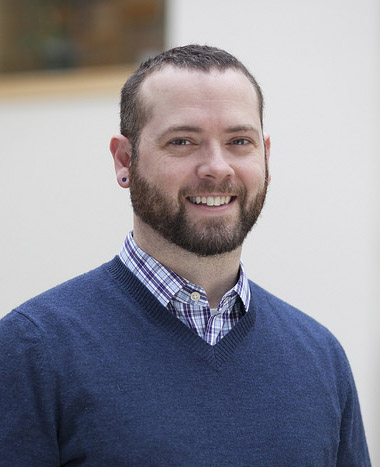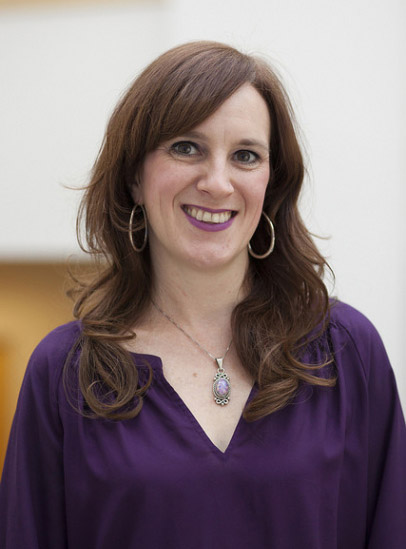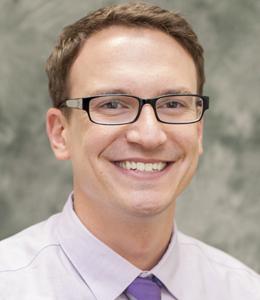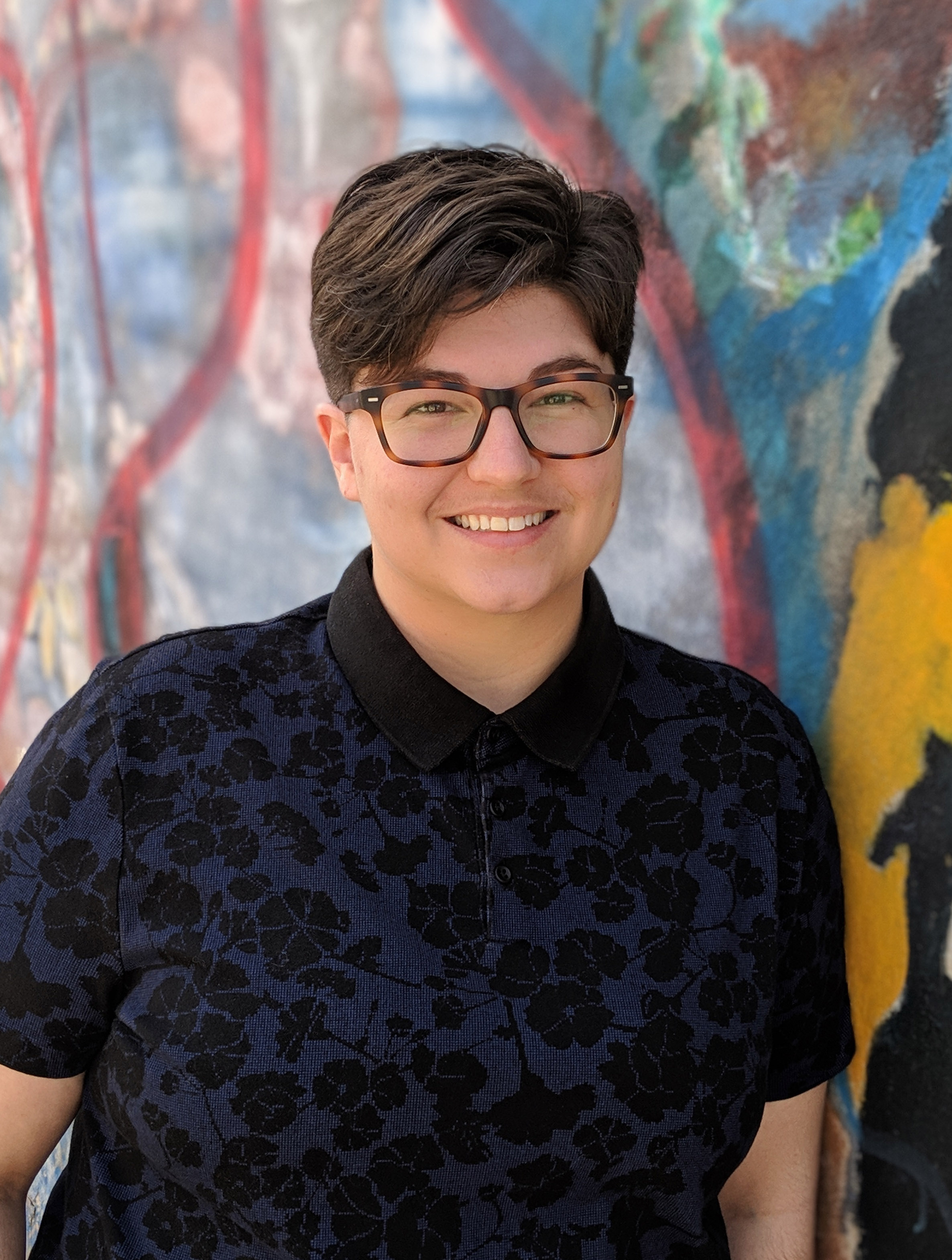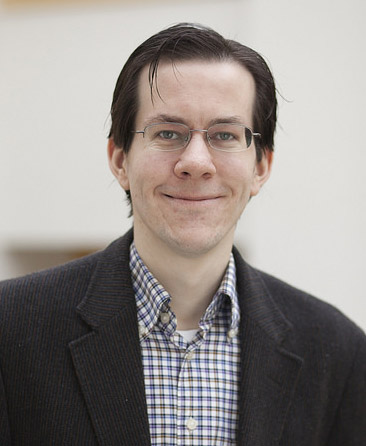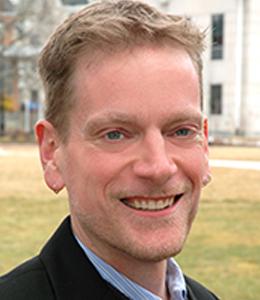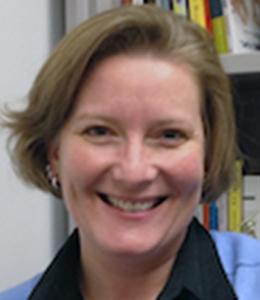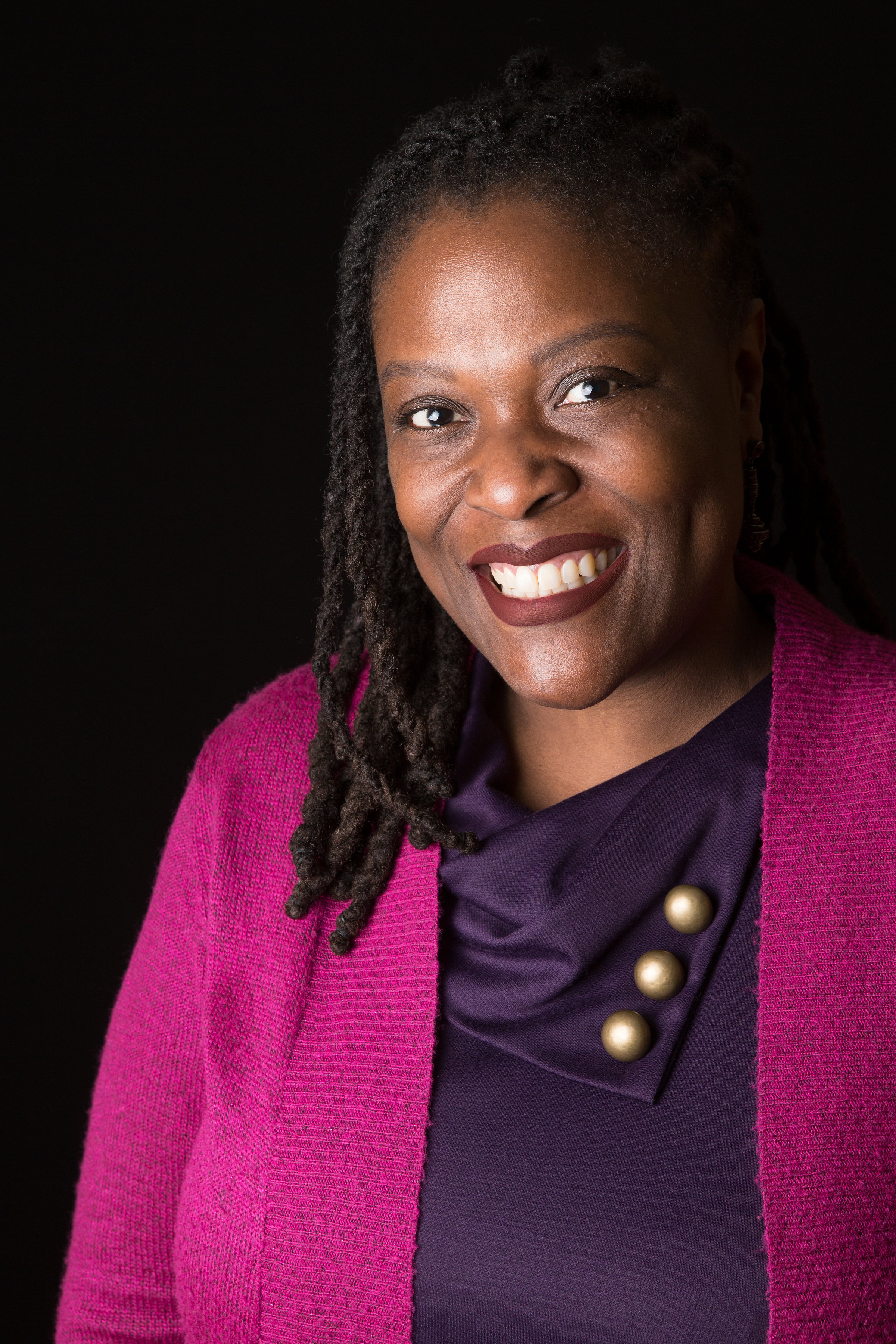We apply research to shape innovation in sexuality education.
At the Interdisciplinary Sexuality Research Collaborative (ISRC) at Widener University, we are devoted to supporting, enabling, and producing a rich and comprehensive body of scientific research in human sexuality at the intersection of varied theoretical approaches. Our focus is on the application of research to shape innovation in sexuality education and sex therapy, with an eye on the effectiveness of cutting-edge approaches and their cultural-responsiveness.
ISRC’s unique interdisciplinary approach to investigation looks to Dennis Dailey’s (1981) Circles of Sexuality Model as its source of inspiration and the conceptual framework to guide our inquiry. The five areas of focus are: Sensuality, Intimacy, Sexual Health and Reproduction, Gender Identity, and Sexual Agency, with Culture and Spirituality incorporated across all of the five areas.
Key faculty and researchers at the Collaborative represent a wide variety of disciplines, namely social work, psychology, anthropology, cultural studies, gender studies, public health, and education. This interdisciplinary approach aims to shift the focus of sexuality research away from targeting only the complications and problems in sexuality (e.g. dysfunctions and public health problems) to pursuing a more complex understanding of the many facets of sexuality (e.g. the nuances of intimacy, pleasure, spirituality, and culture).
Researching in this manner allows the various disciplines to inform one another on matters of sexuality, thereby broadening the scope of knowledge and informing practice in an array of fields. Student researchers, who are MEd and PhD students at Widener’s Center for Human Sexuality Studies, learn to apply these new lenses to the study of a wide variety of topics in sexuality. A final arm of the Collaborative’s research agenda includes the application of research to shape the clinical practice of sexuality education and sex therapy, as well as research about the effectiveness of treatments and educational programs.


